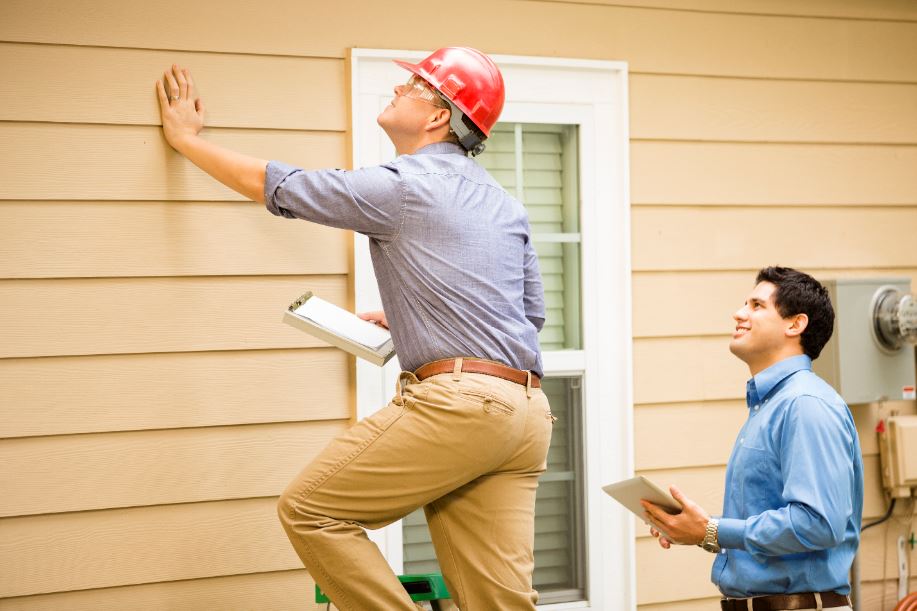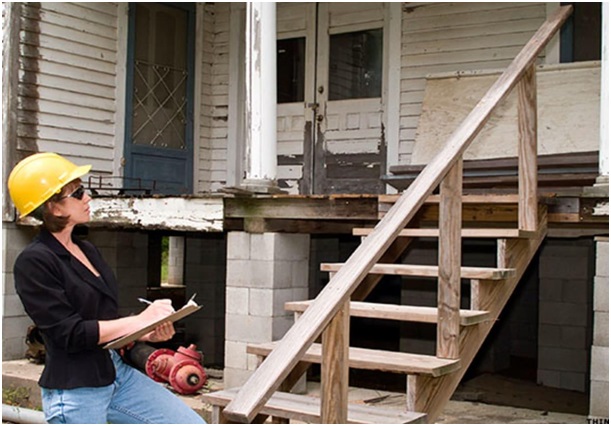All Categories
Featured
Table of Contents
Building Inspections When Buying A Property in Kewdale Australia 2022
Home inspectors also do not particularly inspect for termite damage, site contamination, mold, asbestos, engineering issues, and other specialized problems. If they have factor to presume, though, they'll likely give you a heads up. Some inspectors use radon testing as an add-on; some will recommend asbestos screening services if your home appears to be at threat.
Once you have the results of your house examination, you have a number of alternatives: If the problems are too substantial or too costly to repair, you can choose to walk away from the purchase as long as the purchase agreement has an examination contingency. For problems large or little, you can ask the seller to repair them, minimize the purchase rate, or offer you a money credit at closing to repair the problems yourself.
If these options aren't viable in your circumstance (for example, if the home is bank-owned or being sold as-is), you can get estimates to fix the issues yourself and create a strategy for repairs in order of their importance and affordability when you own the residential or commercial property. Legally, you don't need to get anything fixed after a home assessment.
Building Inspection Perth in Woodbridge Oz 2020
The expense to hire a house inspector differs considerably, depending upon the size of the home and the area; the range is approximately $300-500. Obviously, that can go much greater if the general assessment's findings result in more specialized inspectors being called in. Ask ahead of time how an inspector charges.
An inspection will always find a problem with a home. Even new home building and constructions will have minor problems that require to be resolved.
They might negotiate on some of them, but expecting a resolution of all problems is unreasonable. After a house inspection, you can ask your broker to negotiate any necessary repair work with the sellers or ask the sellers to lower the price so you can fix the issues yourself. Getting quotes from regional professionals will help you compose out a counter offer based upon estimates, however a buyer must know that a seller is not obligated to repair anything.
A Building Inspector's Two Bit's Worth in Brigadoon Australia 2023

Inquire about anything you are concerned about, like a sagging roofing, poor electrical, or rusty or slow-flowing water out of the taps. Don't be scared of asking concerns during the examination such as, "is this a big problem or a little problem?" and if they can explain any functions of the home you may not be familiar with, like a fireplace or an oil burner.

This means that after you sign the purchase agreement and the examination occurs, you have 7 days to back out. Make sure there is simple access to the residential or commercial property, from cleaning out the entrance to your basement to clearing out any clutter. Take a good look at your roofing system, are there shingles falling off? If so, it may be time to fix them.
Inspect that all the light bulbs are working in both exterior and interior lights. Fuse boxes must be quickly identifiable, look after leakages and water damage, and if you have a pest or bug problem, bring an expert in to take care of it prior to the assessment occurs.
Building Inspection Perth in Walliston Western Australia 2023

It will depend upon a couple of aspects, including the inspector getting the job done, and the size and area of the home. A house examination will cost you a little bit of time and money, however in the long run, you'll be thankful you did it. The evaluation can reveal problems that you may be able to get the existing owners to repair before moving inor else avoid you from accidentally purchasing a money pit.
If you are a first-time homebuyer, an evaluation can give you a crash course in house maintenance and a checklist of items that need attention to make your house as safe and sound as possible. Whatever the situation, dealing with issues early through a house examination can conserve you 10s of thousands of dollars down the roadway.
When you buy a house, specifically an older house, be gotten ready for unexpected issues to crop up throughout the years that were not pointed out during the preliminary house inspection. And if you wonder about becoming a house inspector, you will need to complete the list of requirements provided by your house state.
Home Inspections Before You Buy in Willetton Oz 2022
You need to earn your license through a mix of house inspection classes, hands-on experience, and passing a state exam.
Table of Contents
Latest Posts
4 Reasons Why You Need A Building Inspector When Buying A ... in Balga WA 2022
Building Regulations Site Inspections in Wembley Downs Oz 2020
7 Key Reasons To Have A Home Inspection Before You Buy in Carlisle Western Australia 2020
More
Latest Posts
4 Reasons Why You Need A Building Inspector When Buying A ... in Balga WA 2022
Building Regulations Site Inspections in Wembley Downs Oz 2020
7 Key Reasons To Have A Home Inspection Before You Buy in Carlisle Western Australia 2020